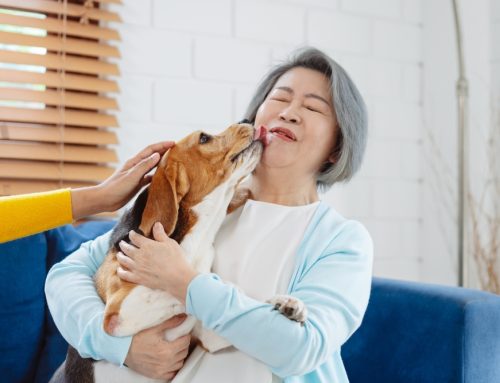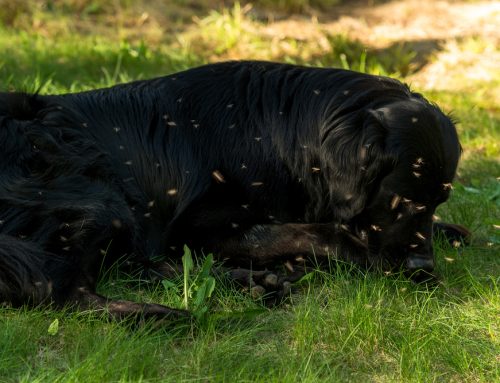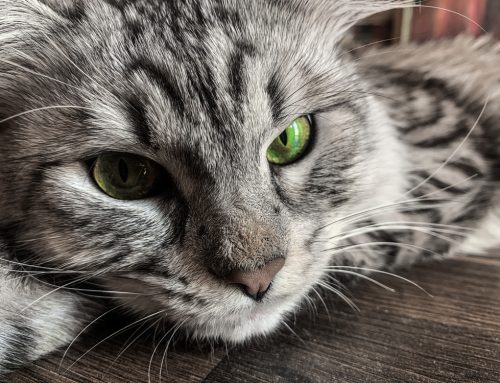 On a hot day, or after a strenuous round of play or exercise, it’s common to see our pet’s drink a lot of water at a high rate of speed. In fact, many of us are conditioned to encourage our pets to drink their fill without any thought of “enough is enough.” After all, hydration is key to survival in the animal kingdom and the body will instinctively know when to stop, right? Not always… Read more about water intake for pets.
On a hot day, or after a strenuous round of play or exercise, it’s common to see our pet’s drink a lot of water at a high rate of speed. In fact, many of us are conditioned to encourage our pets to drink their fill without any thought of “enough is enough.” After all, hydration is key to survival in the animal kingdom and the body will instinctively know when to stop, right? Not always… Read more about water intake for pets.
Water Intake for Pets: How Much Water Should My Pet Drink?
Most experts agree that, on average, a pet should drink, per pound of body weight per day, approximately one-half to one fluid ounce of water. Kittens, puppies, and senior pets can drink a little more. Naturally, that number will fluctuate some depending on your pet’s daily activity level, the weather, his or her food intake, and overall thirst. But as a rule of thumb, the ounce-to-weight ratio should balance at about 1:1.
Of course, it is normal for your pet to exceed that ratio on a hot day or after a vigorous workout. In fact, drinking a little extra water under these circumstances should even be encouraged to avoid dehydration and the possibility of heat stroke.
But, if your pet is consuming more than the average on a normal day with no clear reason, it may be cause for concern.
Water Intake for Pets: Why Is My Pet Drinking Too Much Water?
The over-consumption of water can be symptomatic of a number of issues, some minor and some more severe.
Before you start to worry too much, consider any recent changes in your pet’s diet or the medications he or she may be taking. Foods that are rich in fats and sodium can increase your dog’s thirst. Likewise, certain medications, such as steroids and those directed at heart disease could increase thirst as well, making the concern more cautionary than catastrophic.
However, if your pet’s excessive water intake is coupled with signs that he or she is running a fever (most commonly noticed on the ears and groin), showing signs of infection, or showing signs of dehydration despite the excessive amount of fluids that he or she is drinking, a call should be placed to your veterinarian as soon as possible.
If you are concerned that your pet, especially a middle-aged or senior pet, is drinking water to excess, don’t hesitate to call us, even for a quick consultation. His or her excessive thirst may be endemic to a larger problem. The sooner we can see your pet, the sooner we can diagnose the cause of his or her thirst and treat the condition before it becomes severe.






